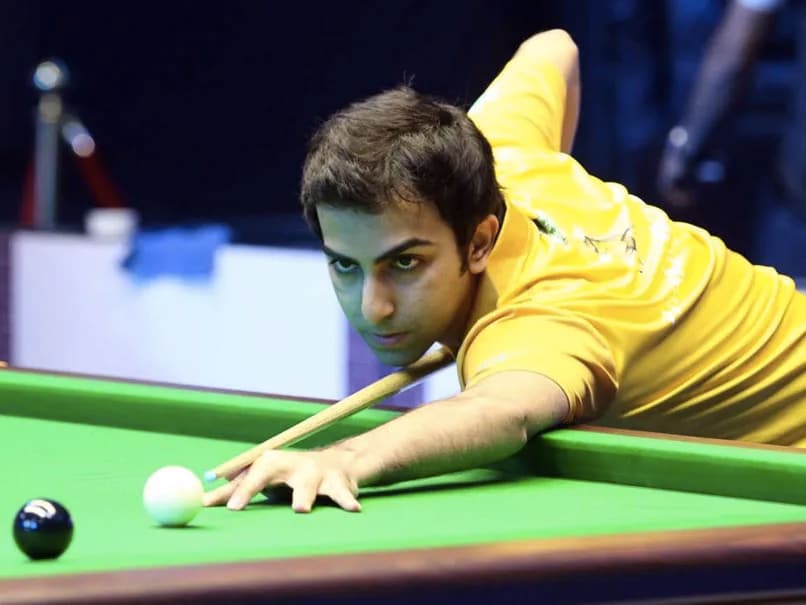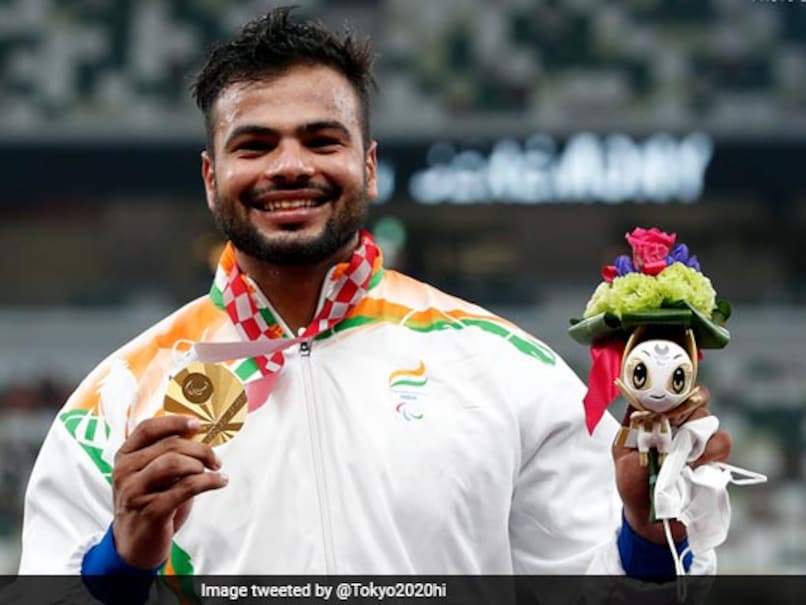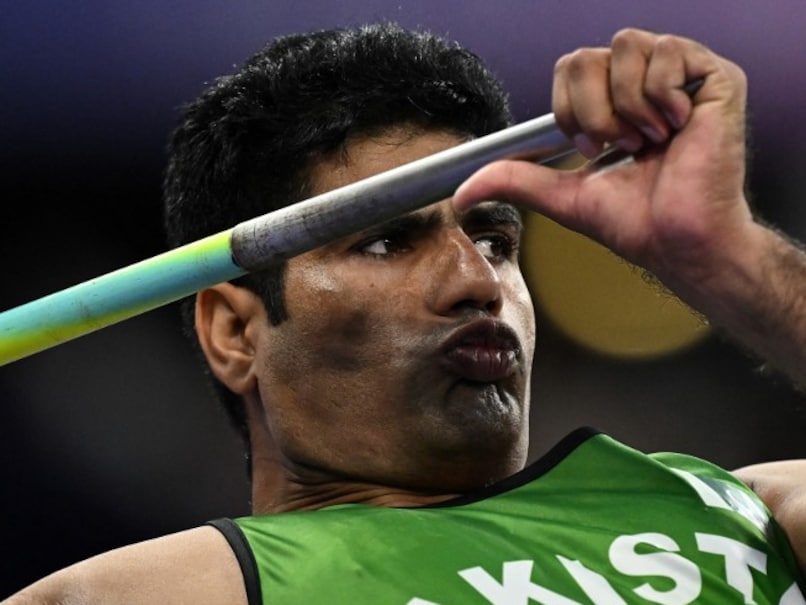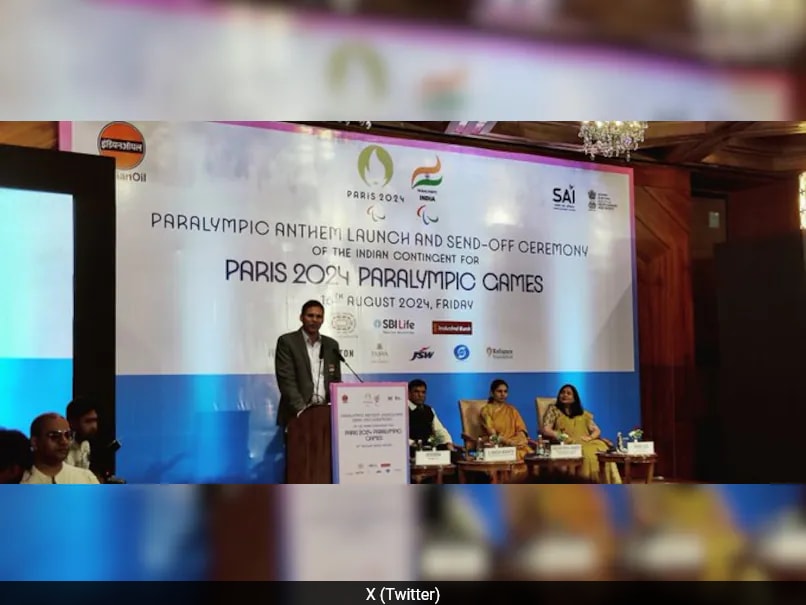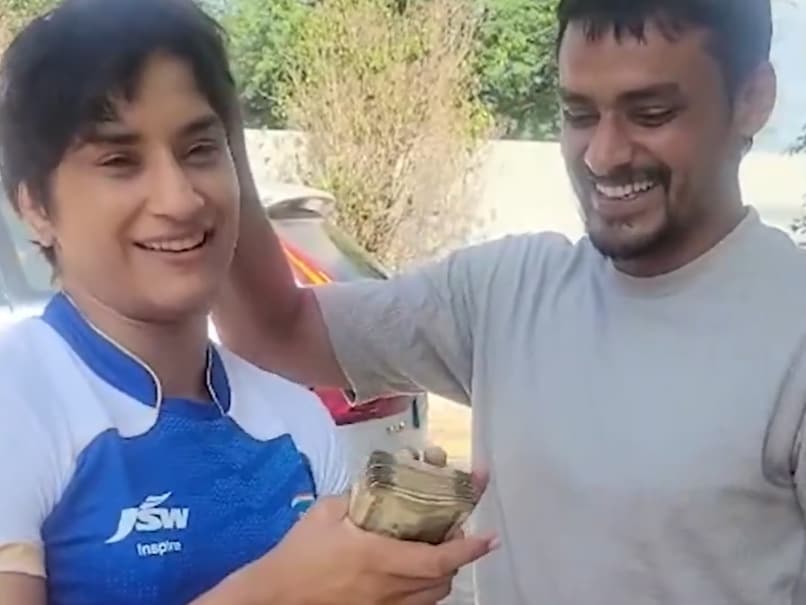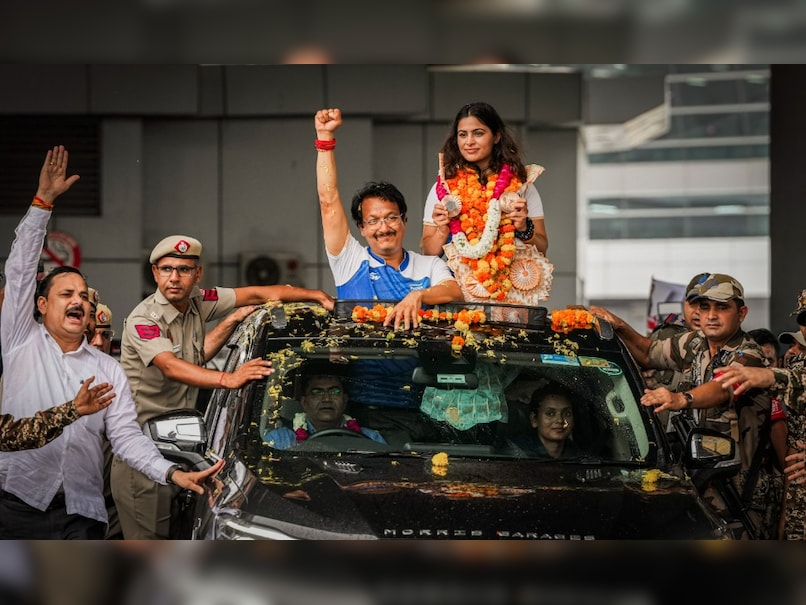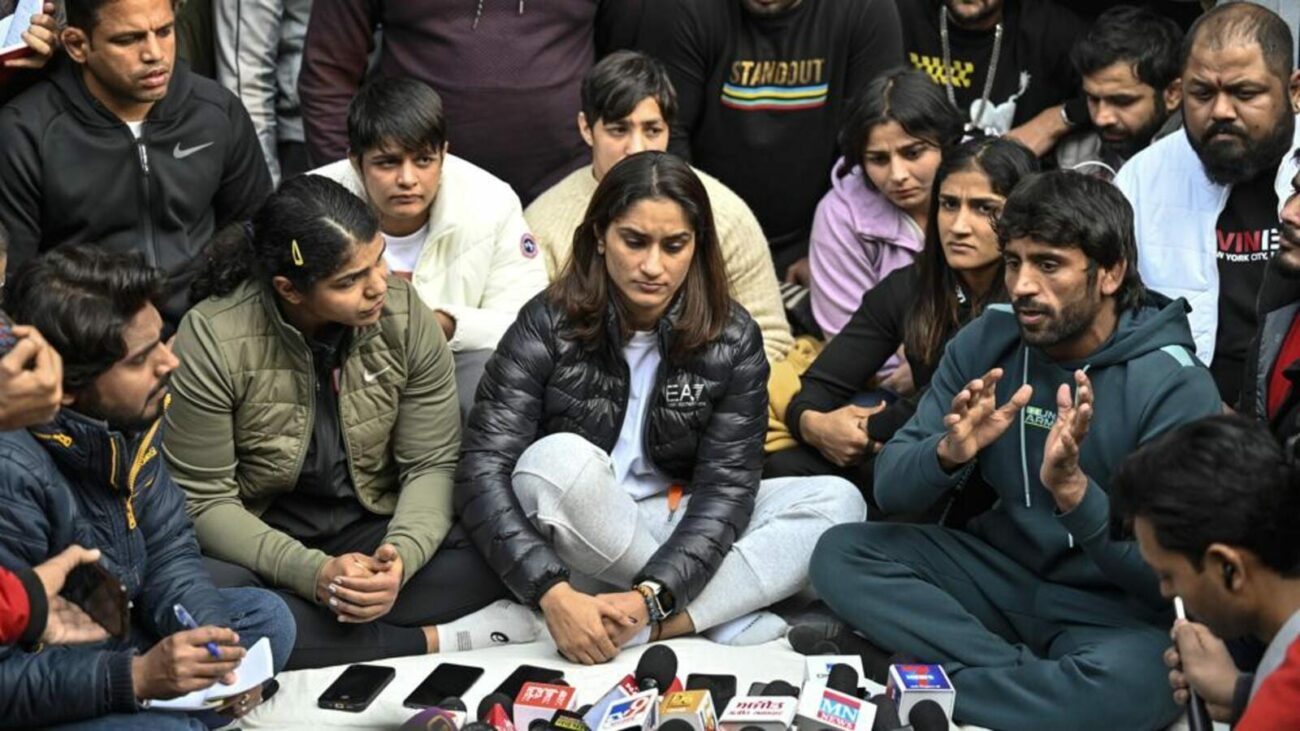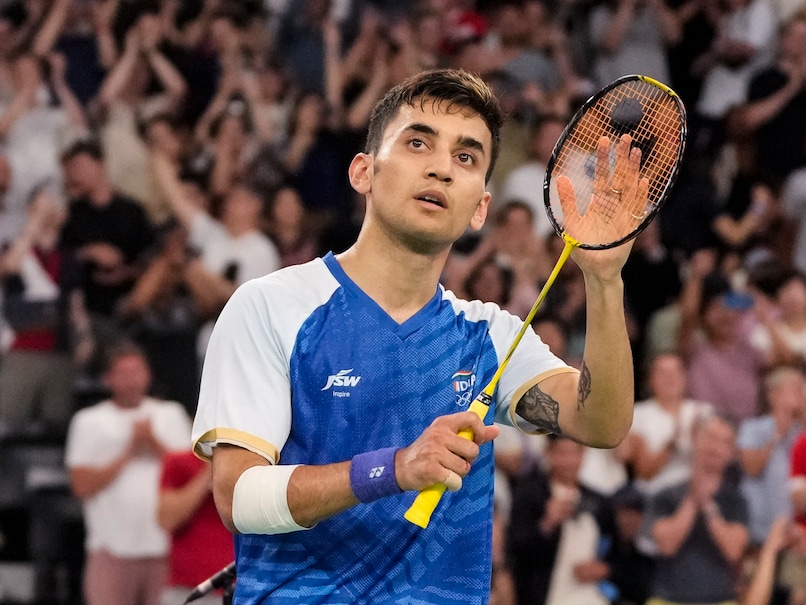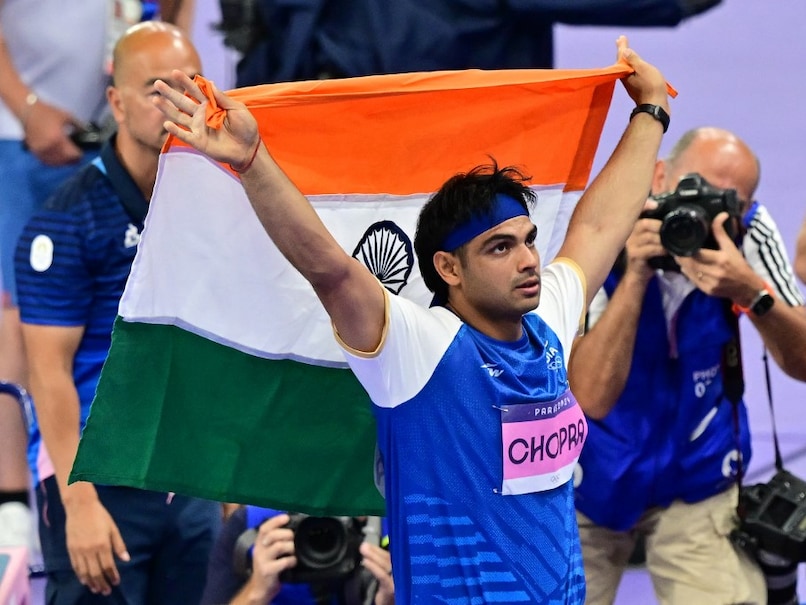Pankaj Advani Completes Grand Double at Western India Billiards and Snooker Championships
Ace cueist Pankaj Advani of ONGC cemented his dominance in the Western India Billiards and Snooker Championships 2024 by securing a grand double. After triumphing in the billiards final earlier in the day, Advani showcased his unwavering resolve to overcome a formidable challenge from Railways’ Kamal Chawla in the snooker final.
The marathon final, which stretched over seven hours at the Khar Gymkhana billiards hall, witnessed a tense battle between the two seasoned cueists. Advani, a 27-time world champion, displayed his trademark composure to emerge victorious with a 6-4 scoreline. The frame scores stood at 11-72, 31-58, 95-40, 52-42, 69-43, 43-74, 22-59, 75-62, 84-58, and 58-10.
Despite their reputation as top-class players, both Advani and Chawla exhibited a cautious approach, resulting in a lackluster performance that failed to ignite the enthusiasm of the spectators. The match was characterized by an abundance of safety play and a dearth of substantial breaks.
Advani managed to produce only two breaks of note, a 69 in the third frame and a 55 in the eighth frame. Chawla, on the other hand, had breaks of 51 and 38 in the opening two frames, followed by efforts of 61 in the sixth frame and 40 in the eighth frame.
In the semi-finals, Chawla defeated S Shrikrishna (BPCL) 5-2, while Advani eased past Faisal Khan (Railways) 5-1.
Advani’s victory marks his seventh consecutive title (4 snooker and 3 billiards) in Mumbai over the past two years, further solidifying his status as one of the greatest cueists of all time.

